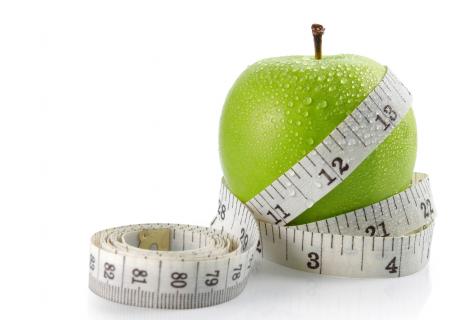The nutrition centre describes the following benefits of a low-calorie diet:
- It causes weight loss
When you consume less energy than you burn you will lose weight.
- You can still eat varied
When following a low calorie diet, you can include a wide variety of foods and minimise processed foods.









